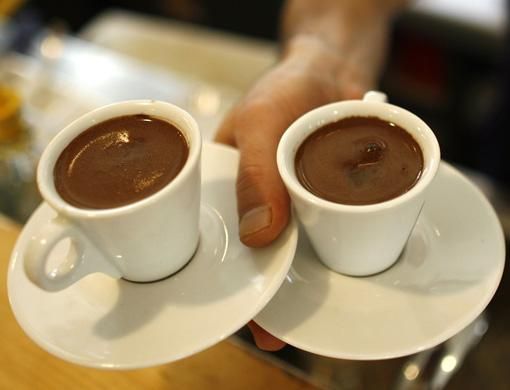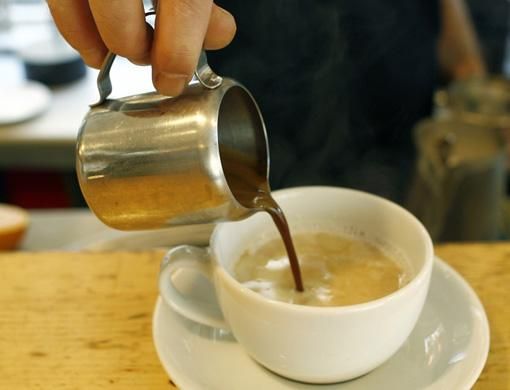Ankara: Turkish coffee, the symbol of Turkish tradition, has been around since the 16th century yet many Turks now prefer imported cappuccinos, lattes or tea.
Turkish coffee, which takes time to prepare, seems less suited to the pace of modern life and young Turks are more likely to grab a cup of cappuccino as they dash to work.
Some see this trend as evidence that Turkey is becoming more Westernised. Hamdi Akan, a coffee enthusiast, is not impressed.
"This society is more and more Americanised," he said, while sipping Turkish coffee and water and eating Turkish Delight in an Ankara shopping mall.
A poll on Akan's website suggests more people think tea—cheaper and heavily promoted by producer groups—better reflects Turkish culture than coffee.
In an attempt to stem the traditional coffee decline, Akan has petitioned the government to oblige all global coffee chains to offer genuine Turkish coffee on their menus.
He admits, however, that they can't force customers to buy it. “People probably won't order Turkish coffee when they go to a Starbucks café.''
“The lack of diversification in Turkish coffee is its greatest problem. You can't serve it up in different flavours," he said.
In an effort to rekindle Turks' interest in traditional coffee, some companies have employed professional fortune-tellers to attract customers.
Turks traditionally turn their coffee cups upside down after drinking. The pattern formed by the thick residue is believed to hold the key to that person's future.














